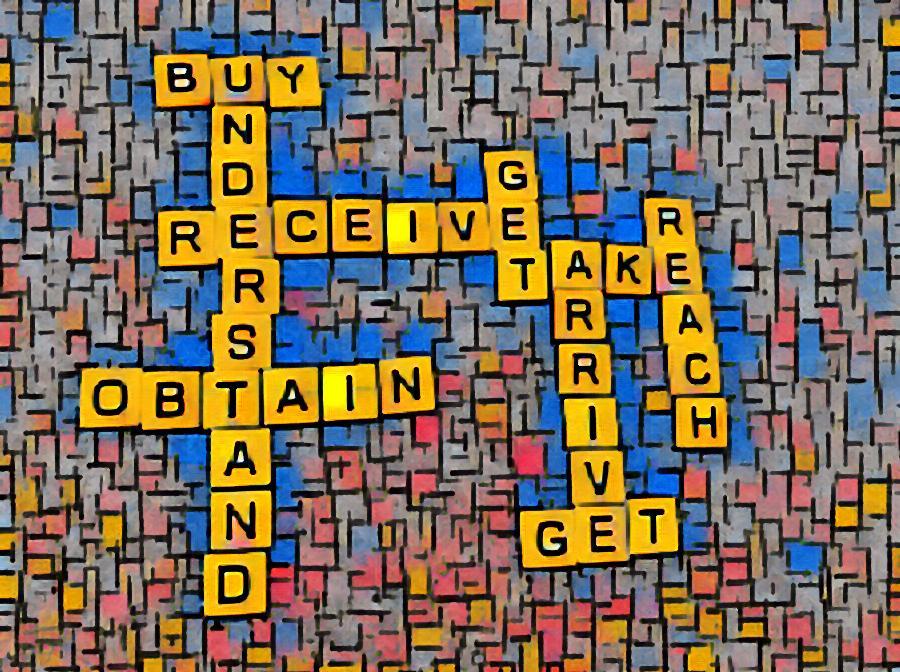Formality and the Verb 'to Get'

The verb 'to get' is one of the most common and versatile verbs in English, and it can be used in lots of different ways. It is a very useful verb to know, and you will hear native speakers use it in almost all conversations.
But remember: this verb is usually seen in informal writing or speaking, and is often avoided in more formal English. Whenever you write a formal letter or an essay, other verbs may be more precise and would therefore often be preferred. You do not have to worry about it in every-day spoken conversations, but if you are giving a formal speech, you may want to reduce the use of 'get'.
1) You can often use 'to get' in place of another verb, but it will usually make the sentence less formal.
More formal: I received the best Christmas present ever.
Less formal: I got the best Christmas present ever.
More formal: Keep walking. You will reach the river in a few minutes.
Less formal: Keep walking. You will get to the river in a few minutes.
Here are some very common meanings of 'to get':
To obtain: She got the telephone number from her boss.
To take: She'll get a taxi.
To receive: I got a present from John.
To buy: If you go to the store, could you get me a loaf of bread?
To become: It’s getting colder. Put on your jacket.
To arrive: We got there on time.
To understand: I don't get it. This is too difficult.
To reach: He got to the top of Mount Everest
To make something happen: We’re getting the car checked before our holiday.
We also use the verb 'to get' in the passive form. Here it is used in place of the verb ‘to be’. So, instead of using the standard passive be + participle, we can also use get + participle. The result will be a more informal statement.
Standard passive: My jacket was stolen.
Passive using 'get': My jacket got stolen.
Standard passive: My favourite mug was broken.
Passive using 'get': My favourite mug got broken.
Standard passive: I was invited to a wedding yesterday.
Passive using 'get': I got invited to a wedding yesterday.
You will also find the verb 'to get' used in many phrasal verbs.
A phrasal verb is a phrase or expression that consists of a verb + one or more other elements.
Here are a few examples:
phrasal verb | meaning | example |
|---|---|---|
to get up | to rise from bed after sleeping | What time do you get up in the morning? |
to get away with | to do something wrong without being caught | You stole the car? I can’t believe you got away with it. |
to get through | to complete something | He just barely got through the school year. |
to get out of | to avoid a responsibility | You don’t get out of your chores that easily. |
to get down | to become depressed | This book really got me down. |
to get on | to manage | We will get on without him. |
to get over | to recover | It took me three months to get over that bout of pneumonia. |
to get by | to manage (financially) | We’re getting by on only one salary. |
As a general rule, you should avoid using phrasal verbs in formal writing. Instead, you may want to find a single verb that describes what you want to say in a more precise manner.
The problem with 'to get' is not the verb itself. It is a very versatile verb that can be used in many different contexts. However, be aware of the informality of the verb. Don't overuse it in formal writing. And when you write, ask yourself if there is another verb you could use that would be more precise.
Relatert innhold
Can you find other verbs that are more precise than the verb 'to get'?